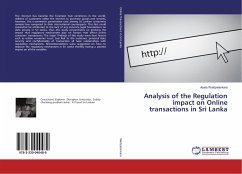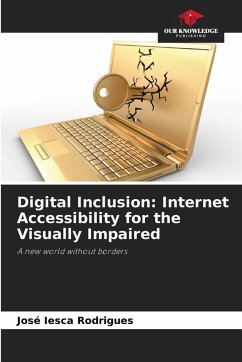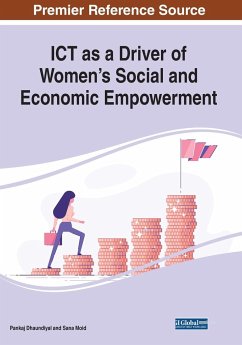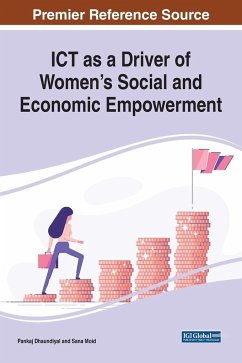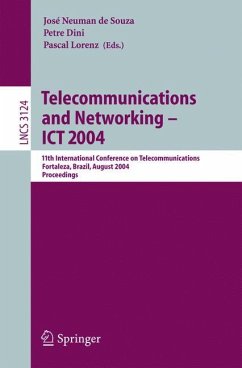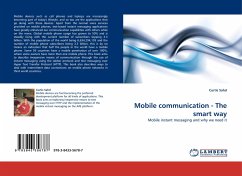
Information and Communication Technologies (ICT)
Digital Divide. Cross-Country Diffusion of the Internet
Versandkostenfrei!
Versandfertig in 6-10 Tagen
32,99 €
inkl. MwSt.

PAYBACK Punkte
16 °P sammeln!
This book explores the issue of "digital divide" the gap between countries that have highly developed technologies, measured by the Internet adoption, and those which do not by utilizing a classical approach towards convergence estimation across countries. The estimated results suggest that there exists both an absolute and conditional convergence, implying that the "digital divide" bridges over time so that inequality between countries in terms of the Internet development vanishes over time, or that the extent of inequality does not become larger. The main factors stipulating the diffusion pr...
This book explores the issue of "digital divide" the gap between countries that have highly developed technologies, measured by the Internet adoption, and those which do not by utilizing a classical approach towards convergence estimation across countries. The estimated results suggest that there exists both an absolute and conditional convergence, implying that the "digital divide" bridges over time so that inequality between countries in terms of the Internet development vanishes over time, or that the extent of inequality does not become larger. The main factors stipulating the diffusion process of the Internet which reduces the "digital divide" are determined. The results show such indicators as GDP per capita, costs of connection, and infrastructure development to be of paramount importance for the adoption of the Internet. Finally, the findings are subject to a sensitivity check, which shows the main results to be quite robust.



